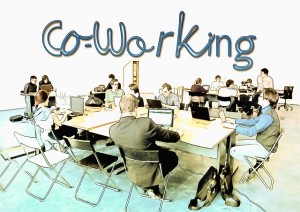Team building exercises and excursions can increase overall employee performance, promote cooperation among team members and across teams, enhance employee job satisfaction and help to broaden the understanding of corporate goals and objectives.
They can also, if improperly designed or administered, do nothing.
The events you choose should serve as microcosms for the problems (and solutions) your employees face.
Consider the following Dos and Don’ts when planning your next team building session:
DO connect the challenges of the events to the struggles your employees confront daily. The events you choose should serve as microcosms for the problems (and solutions) your employees face. It’s imperative then to define these obstacles first. If a primary team challenge is, for example, adapting to a new matrix-style organizational structure, then matching exercises involving small, specialized teams working together to achieve a common goal would be in order.
DON’T create events that are too physically demanding for any team members. Chances are that physical endurance, strength or dexterity are not employee success factors on your team. Fitness and physical ability should, then, typically not play a major role in your team building events. Look carefully at the composition of your team and set the level of physical assertion necessary low enough so that each team member can participate satisfactorily. Physical activities, especially outdoors, can be memorable and successful; just make sure everyone can be included.
DO follow-up on lessons learned. Even perfect exercise design and facilitation doesn’t guarantee results. It’s vital that follow-up sessions are scheduled to reemphasize and measure your teams’ progress. Too often, team building exercises are administered as single dose cure-alls. Instead, they should serve as an opening ceremony for a continuing drive towards success. To help quantify this success (and in turn your ROI), choose objective performance statistics to compare against historical data.
DON’T create events that are too taxing or too mindless. In an effort to ensure that employees have fun while completing team building exercises, some fascinators make them too light and sappy. Conversely some organizers create events that are unduly draining, emotionally or otherwise. Try to strike a balance so that your events aren’t overly comical or overly difficult, as either of these extremes will detract from the main messages of the events.
DO consider hiring professionals to draft and administer your exercises. Depending on your cost and time constraints, and the complexity of the exercises you’d like to carry out, outsourcing the process may be a wise choice for you. Professional consultants can help you identify what messages you’d like to push through your sessions, facilitate the event (or give you the tools necessary to do it yourself), and implement the feedback and measurement components afterward. It’s certainly worth considering.
Source: http://www.innovativeteambuilding.co.uk/team-building-event-tips/

